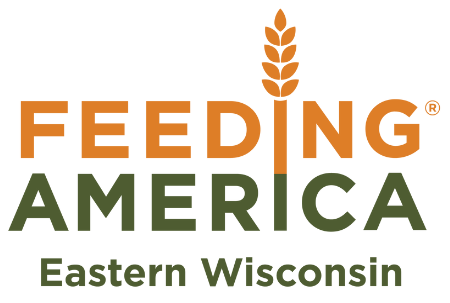Local Community Members Team Up to Solve Hunger

Photo Credit: GM Creative
What do a graduate student, registered nurse, small business owner, pantry coordinator, grandmother, environmental health professional, trained chef, LGBT activist who was formerly homeless, community resource specialist, and housing advocate have in common? They all care greatly about their city’s residents and have joined our Food Leaders Lab.
The Feeding America Eastern Wisconsin Food Leaders Lab creates an avenue for the voice of lived expertise.
The program trains local residents in advocacy, policy, and communication skills to use their voice in the way they want to tell their story to make the changes and impacts they want to see. The participants have the interest and motivation, and we are giving them the tools to bring about change. Each member of the lab is selected through an application and interview process resulting in an incredibly diverse and talented group of local residents passionate about advocating for hunger solutions locally.
“I have the unique perspective of being homeless and single in Milwaukee, and now I’ve got a family and own a home. I have literally sat on both sides of this table,” says Edie Pasek, a resident of the Sherman Park neighborhood and member of the Food Leaders Lab.
Food Leaders Lab fosters collaboration and innovation in an inclusive environment, bringing together residents across the City of Milwaukee to develop skills and knowledge to tackle food system challenges and address food insecurity and healthy food access for Milwaukeeans. Ambassadors work collaboratively with each other, city leaders, and elected officials to identify and advocate for policy solutions to solve hunger locally.
“Ambassadors do more than learn,” explains Matt Stienstra, Feeding America Eastern Wisconsin Director of Strategic Partnerships and Programs. “They engage in the real work of advocacy and organizing, identifying and advocating for real policy solutions to the food and nutrition issues they care about most.”

